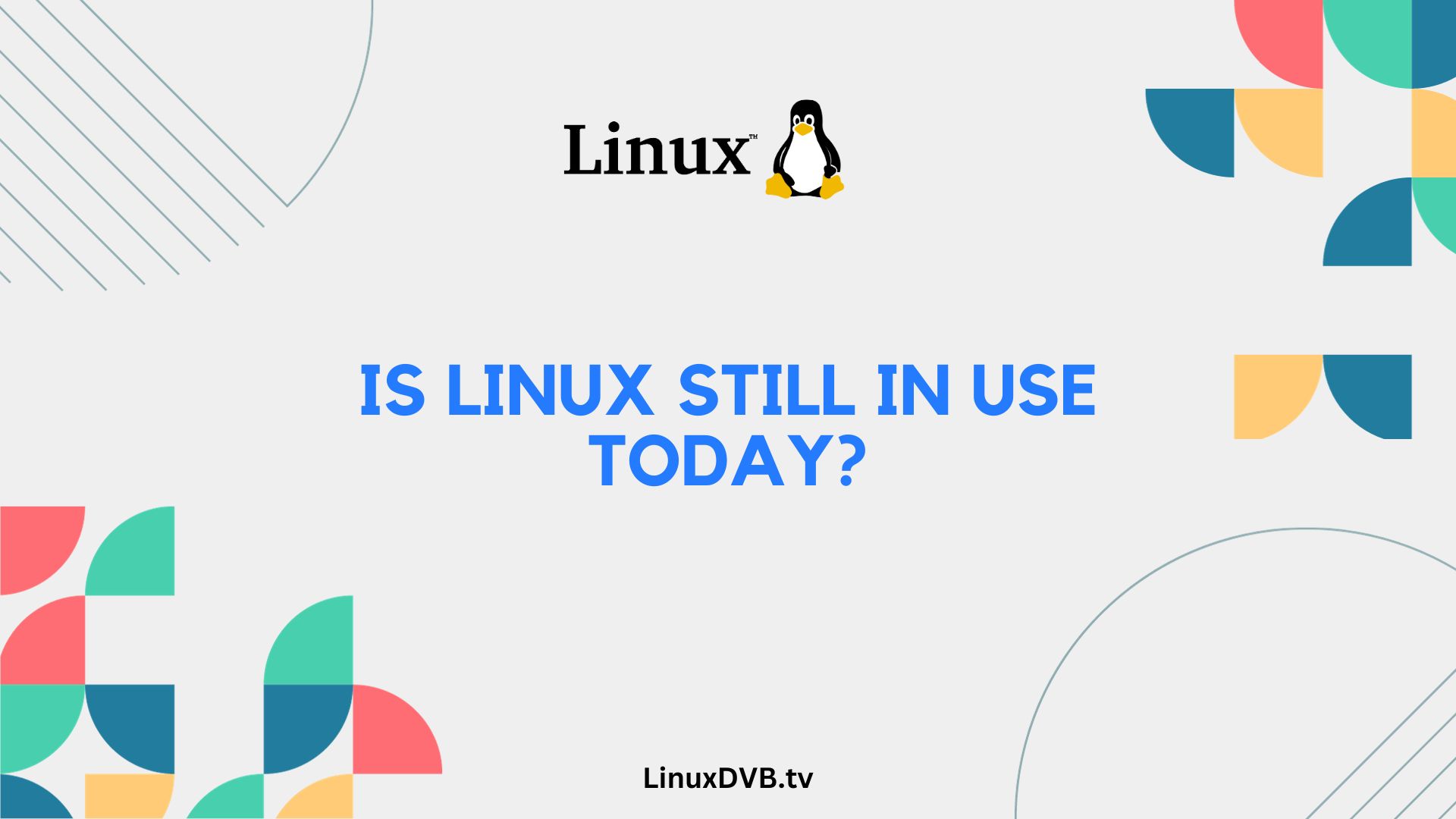Introduction
In a rapidly evolving technological landscape, one question that often arises is, “Is Linux still in use today?” The answer is a resounding yes! Linux, an open-source operating system, has not only stood the test of time but continues to thrive and adapt. In this comprehensive article, we will delve into the world of Linux, exploring its enduring significance, evolution, and diverse applications.
Table of Contents
Linux: A Brief Overview
Before we delve deeper into the topic, let’s start with a brief overview of Linux. Developed by Linus Torvalds in 1991, Linux is an open-source operating system kernel that forms the foundation for various Linux distributions (distros). Its open nature allows developers worldwide to collaborate, making it a versatile and constantly evolving platform.
The Evolution of Linux
From the Basement to the Data Center
Linux’s journey from a hobbyist project in Torvalds’ basement to a staple in data centers worldwide is nothing short of remarkable. Its scalability, stability, and cost-effectiveness have made it the go-to choice for businesses and organizations seeking reliable server solutions.
Embracing the Desktop
While Linux initially found its footing in server environments, it has also made significant strides on the desktop front. User-friendly distributions like Ubuntu and Fedora have made Linux more accessible to the general population, offering a viable alternative to traditional operating systems.
The Rise of Android
Did you know that Android, the world’s most popular mobile operating system, is built on a Linux kernel? The widespread adoption of Android devices has further cemented Linux’s relevance in the tech world.
Linux in the World of Software Development
Open Source Philosophy
One of Linux’s defining features is its commitment to the open-source philosophy. This ethos encourages collaboration, transparency, and community-driven innovation. As a result, Linux serves as the foundation for countless open-source projects and software.
Developer-Friendly Environment
Linux provides a developer-friendly environment, with robust tools and libraries. Whether you’re a seasoned developer or just starting, Linux offers a wealth of resources for coding, testing, and deployment.
Containers and Virtualization
The rise of containerization and virtualization technologies, such as Docker and Kubernetes, has propelled Linux into the heart of modern software development. These technologies leverage Linux’s strengths to create efficient and scalable solutions.
Linux in Education and Research
Educational Institutions
Many educational institutions have adopted Linux for its cost-effectiveness, security, and flexibility. It empowers students and researchers to explore various fields, from computer science to data analysis.
Scientific Research
Linux plays a pivotal role in scientific research. High-performance computing clusters often run Linux to perform complex simulations, data analysis, and modeling in fields like physics, astronomy, and biology.
FAQs
Is Linux only for tech enthusiasts?
No, Linux has become user-friendly, with distributions like Ubuntu and Linux Mint tailored for everyday users.
Can I run Linux alongside Windows on my computer?
Yes, you can dual-boot Linux and Windows, allowing you to choose your preferred operating system at startup.
Is Linux more secure than other operating systems?
Linux is known for its robust security features, but its security also depends on user practices and system configuration.
What are the popular Linux distributions today?
Some popular Linux distributions include Ubuntu, Fedora, CentOS, Debian, and Arch Linux, each with its own strengths and user communities.
Can I use Linux for gaming?
Yes, Linux gaming has seen significant improvements in recent years, with support for a growing library of games.
Is Linux suitable for businesses and server environments?
Absolutely, Linux’s stability, security, and cost-effectiveness make it an excellent choice for businesses and servers.
Is Linux still in use today?
Yes, Linux is still widely used today in various applications and industries.Why does Linux still exist?
Linux continues to exist and thrive due to its open-source nature, flexibility, stability, and strong community support.Is Linux still being used?
Yes, Linux is actively being used in a wide range of computing environments, including servers, desktops, mobile devices, and embedded systems.Conclusion
In conclusion, Linux is not only still in use today but continues to thrive and adapt to the evolving technological landscape. Its journey from a basement project to a globally recognized platform showcases its enduring significance. Whether you’re a developer, student, researcher, or business owner, Linux offers a world of possibilities. Embrace the power of open source and discover the versatility of Linux in shaping the future of technology.

